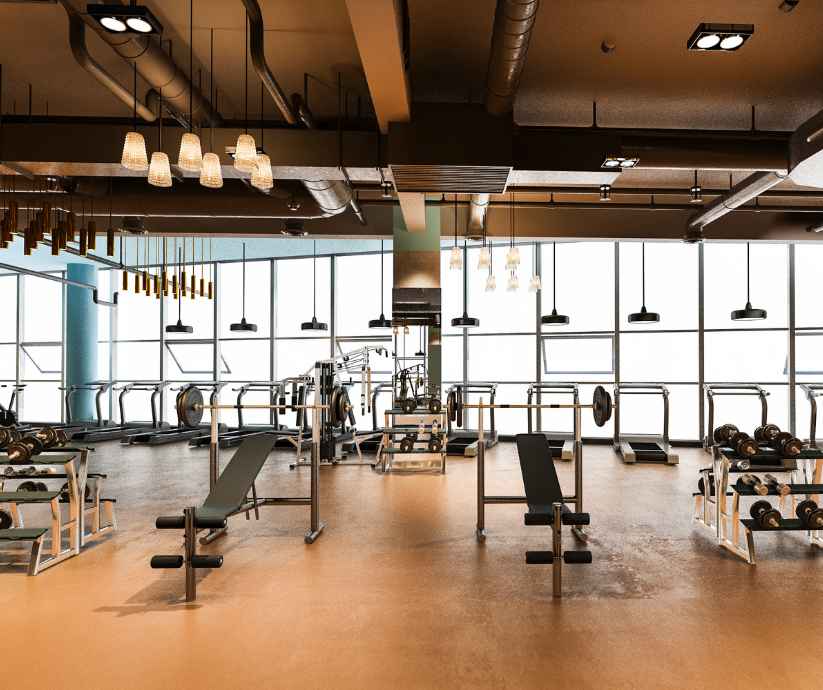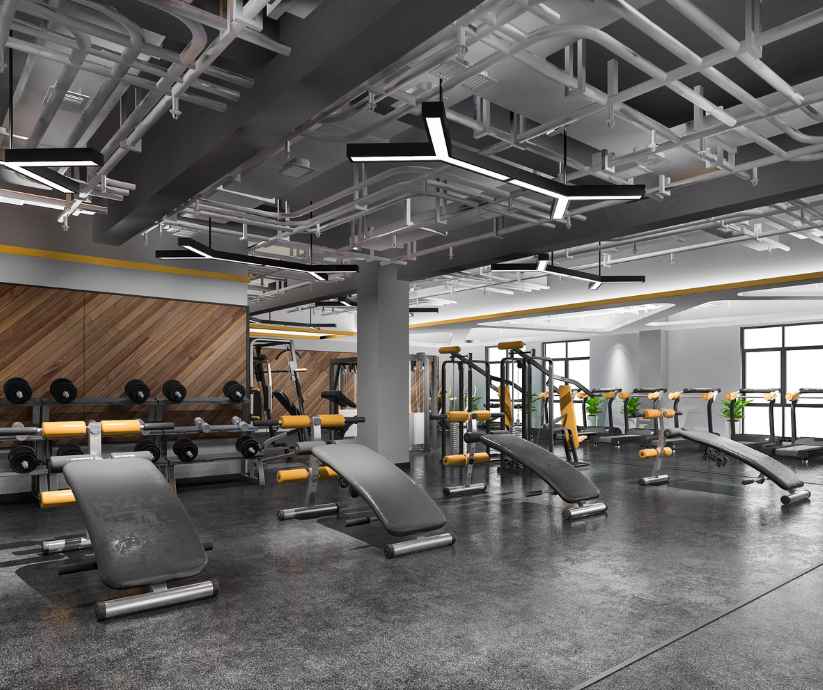The fitness industry has experienced a significant boom as more people are becoming health-conscious and striving to lead active lifestyles. This growing trend has created a lucrative opportunity for entrepreneurs and investors looking to tap into the fitness market. One of the crucial steps in establishing a successful gym business is finding the right property. We will explore some key considerations to help you find the perfect location for your fitness facility.
Before embarking on the search for a gym property, it’s essential to conduct thorough market research and analyze the demographics of the area. Identify your target market and determine their preferences and needs. For example, if you plan to open a high-end fitness club, you might want to consider affluent neighbourhoods with a population that values premium services. On the other hand, if you’re targeting a budget-conscious clientele, you may opt for areas with a younger population or student communities.

The accessibility and visibility of your gym facility are crucial factors that can significantly impact its success. Look for a property with convenient transportation links, such as proximity to major roads, public transportation stations, or parking facilities. Additionally, ensure that the property is visible and easily identifiable to attract potential members. A gym located in a busy commercial area or near popular landmarks can have an advantage in terms of visibility.
Consider the size and layout of the property to ensure it can accommodate the equipment, amenities, and services you plan to offer. The space should be sufficient to house various workout zones, such as cardio areas, strength training sections, group exercise studios, locker rooms, and administrative offices. It’s also important to have enough room for future expansion or adding new features as your gym grows.
Inspect the building infrastructure and ensure that it is in good condition. Look for a property that meets safety standards and has the necessary utilities, including electricity, water, heating, and cooling systems. Consider the maintenance requirements and the costs associated with repairs and upgrades. A well-maintained property will create a positive impression on potential members and contribute to the overall success of your gym.

Assess the level of competition in the area and consider how it might affect your business. Determine if there are already established gyms nearby and analyze their offerings and pricing. This analysis will help you identify gaps in the market and differentiate your gym from the competition. Additionally, familiarize yourself with local regulations and zoning laws to ensure that the property you choose complies with all necessary permits and regulations for operating a fitness facility.
If you decide to lease a property for your gym, carefully review and negotiate the lease terms. Consider the lease duration, rental rates, and any additional costs, such as maintenance fees or common area expenses. Seek legal advice if needed to fully understand the terms and conditions before signing the lease agreement. Negotiating favourable lease terms can significantly impact the financial viability of your gym business.

Research any future development plans in the area where you intend to open your gym. Check if there are any construction projects, zoning changes, or infrastructure improvements that could impact the accessibility, visibility, or attractiveness of your gym facility. You can likewise ask any professional to know what are the do’s and don’ts on the property. Being aware of these plans will help you make an informed decision about the property’s long-term potential.
Investing in a fitness facility requires careful consideration and planning. Finding the right property is a critical step that can make or break the success of your gym. By analyzing demographics, ensuring accessibility and visibility, evaluating the space and layout, considering building infrastructure and maintenance, assessing competition and local regulations, negotiating lease terms, and researching future development plans, you’ll be well-equipped to make an informed decision when choosing the ideal property for your gym.




